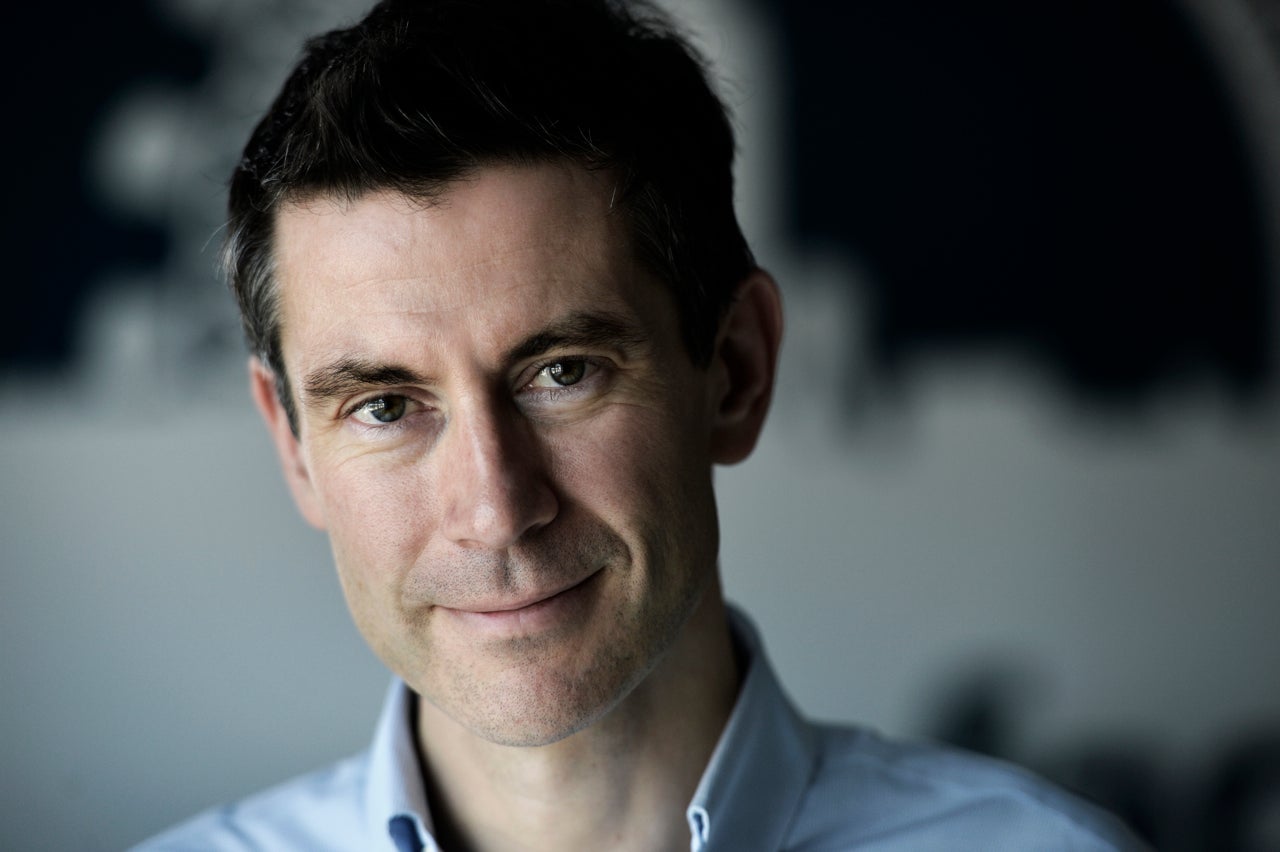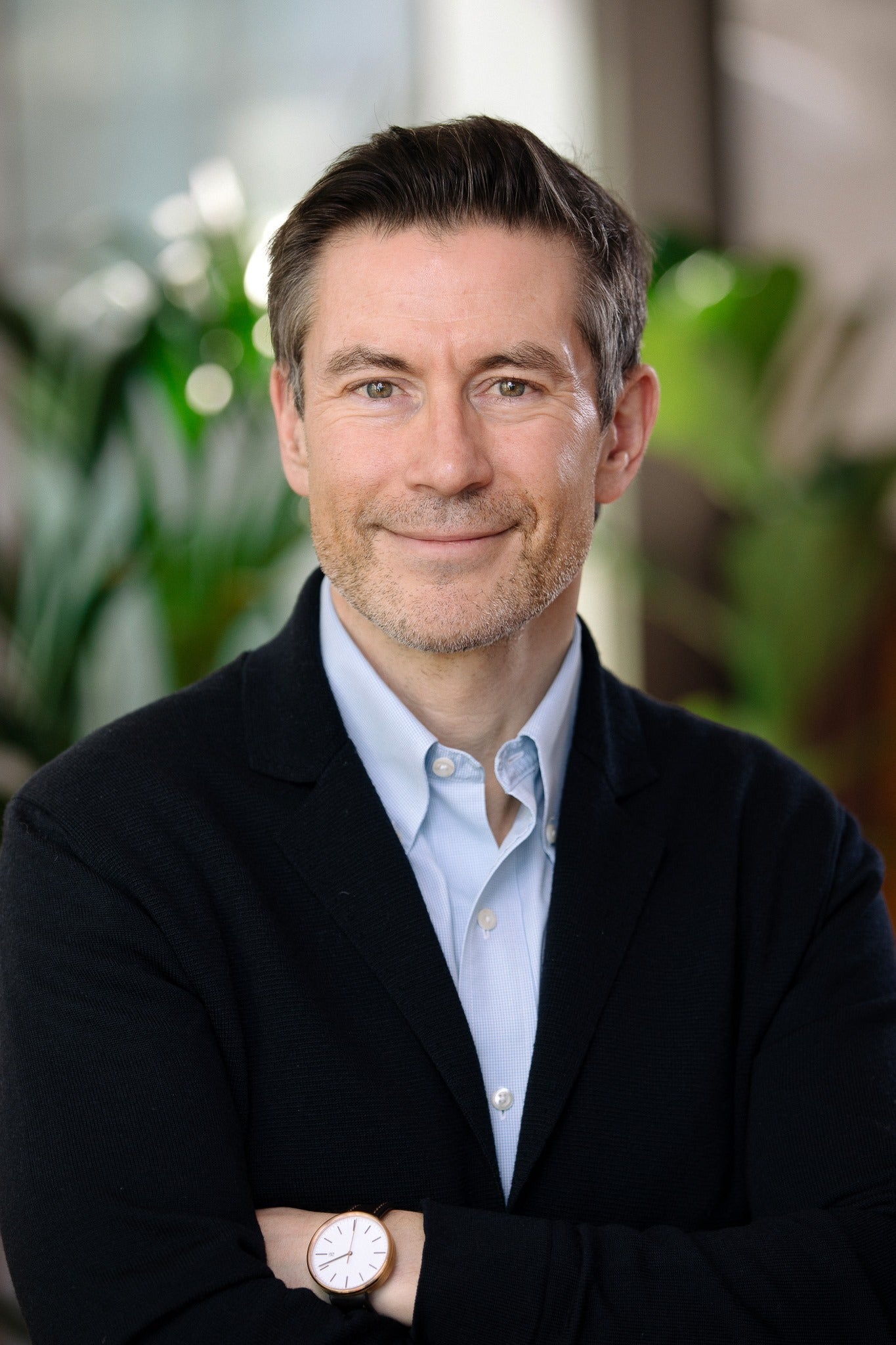How Steve Hatch is trying to bring diversity and inclusion to Facebook
The vice president for Facebook’s northern Europe division spoke to Zlata Rodionova about the significant changes he wants to see that will make the tech giant a better place for everyone


It’s no secret that diversity and inclusion have never been tech companies’ strong suit.
In 2014, Apple, Facebook, Google, and Microsoft first released diversity reports, revealing the companies’ workforces were overwhelmingly white and male.
There is still a long way to go to achieve significant change, but for Steve Hatch, who was appointed as the UK and Ireland regional director of Facebook in 2013, before being promoted to his current role as vice president of Northern Europe in 2016, the subject of inclusion is now more pertinent than ever.
Hatch, who is dyslexic and passionate about encouraging neurodiversity at work, argues that workplace diversity is not only an imperative but also a competitive strength.
Read More:
He tells The Independent: “For Facebook, diversity is even more important, I’d suggest. That's because when you're looking to connect the world and everyone in it, then it's really important that the voices within the company and its perspectives are as reflective as they can possibly be of the literally billions of people that we serve.
“An organisation that is better for women, for people of black heritage or one that recognises cognitive diversity – a particular area of passion for me – is better for everyone.”
Facebook set itself the ambitious goal to achieve 50 per cent diversity in its global workforce by 2024, including women, underrepresented minorities, people with two or more ethnicities, people with disabilities, and veterans.
So how do you achieve it? For Hatch, it first requires an organisation to set goals and then examine their systems to find out what is preventing them from reaching those targets and what could enhance them.
Facebook now has a whole ecosystem of strategies including an approach called “find, grow, and keep”, which aims to find diverse talents through public platforms or events and make sure they have the same opportunities within the company.
Although the tech company has seen its fair share of controversies along the years, Hatch argues it is a force for good for communities and businesses alike
The company also launched the so-called “Facebook Resource Groups” – Hatch is currently the executive sponsor of the “differently able” group – which are communities of people sponsored by an ally they can identify with.
He says: “The role of the sponsor is to ensure those communities are led, supported, and listened to. Those groups can be extremely vocal about what needs to be improved.”
Hatch’s personal experience of being diagnosed with dyslexia is undoubtedly one of the reasons he has been pushing for a greater understanding of all forms of diversity.
Growing up in Hampshire, he describes his education as “patchy” and admits he found formal education “quite a struggle”. He says: “It left me with a lifelong yearning to learn and I certainly had a chip on my shoulder about not attaining a university degree for some time.”
Looking for career where he could put his creative and communication skills first, he first considered acting – his class performed at the Edinburgh Fringe Festival when he was 15 – but eventually turned to advertising, which he describes as a combination of “commerce and art put together.”
He started out working at a regional agency and attributes some of his success to his “amazing female mentor” who supported him and encouraged him to move to London to pursue his career. Hatch eventually worked his way up to become chief executive of WPP-owned media agency MEC, before joining Facebook.
Although, the tech company has seen its fair share of controversies over the years, Hatch argues it is a force for good for communities and businesses alike.
He says: “I was really inspired by the passion and the expertise of the people there [Facebook], the really strong sense of a mission-driven company.
“I was interested in the idea of giving the tools of communication to people in a way that they never had before and what this meant for businesses as well.
“If I reflect on now versus then [when he first joined Facebook], those things are still completely true. Obviously, the company is a lot larger, but the culture and the intent of the people every day is inspiring to be around.
“On the business side, I was very excited by the idea of the democratisation of advertising in particular. Prior to digital technologies, the tools that were available to companies were really only available to the largest firms, now literally everyone can access them.”
The biggest challenges he faced as a leader – the current Covid pandemic aside – were the Cambridge Analytica scandal and the 2016 US election.
He says: “We had to rebuild trust, look really hard at ourselves and think ‘what did we miss?’, ‘what could have we done better’, and now we're in a position of having 35,000 people working on safety and integrity.”
A survey conducted in October last year by the International Center for Journalists (ICFJ) and the Tow Center for Digital Journalism at Columbia University found the social media platform was the biggest source of Covid-19 disinformation.
But Hatch argues removing dangerous content and reducing misinformation as well as directing users to accurate sources has been the company’s number one priority during the pandemic, with millions of pieces of content removed from the platform.
He adds: “For the UK, for example, we've driven over 10 million impressions to the NHS website. And I think over 2 billion globally to the WHO and others credible sources.”

The platform also played a positive role in supporting small businesses. Approximately 500,000 people joined Facebook groups focused on supporting the local economy in the past three months. While, more than 500,000 stories using the “Support Small Business” stickers were created on Instagram by people in the UK over the same period.
In February, the tech platform also introduced Facebook Shops, which makes it easy for people to find products from businesses they love and make purchases, all in one place through the app.
“During the Covid-19 pandemic, the shift to online shopping has rapidly accelerated, with an estimated 85 per cent of people worldwide now shopping online. We’ve been doing a huge amount this year to ensure small businesses in particular can successfully pivot their businesses to online and protect jobs.
“Through tools like Shops we’re helping empower anyone, from an entrepreneur to the largest brand, to use our apps to connect with customers and grow their business,” Hatch says.
He argues that the pandemic has encouraged leaders to be more open with their teams. While workers are hungry for their managers to tell them what the future will look like, right now the solution is to be honest and vulnerable.
He says: “We've been in each other's lives in a way that we've never been before. That openness means that people do expect a different type of leadership, a more authentic and a more vulnerable one.
“The notion that everything is fine, is not true. In fact, people want to hear if I'm finding things hard, as much as they also want to hear when things are going really well.”
To separate his work and private life during the pandemic – Hatch lives with his wife and his two children – he gets dressed in formal workwear each morning because “I can then take my shirt off at the end of the day, so that delineates ‘okay, I'm at work’.”
Read More:
Meanwhile, his passion for cooking has been keeping him occupied during lockdown and gave him something to share with his children. “They are 15 and 17, so I haven't had some of the same challenges of home-schooling that some of my colleagues have had. No doubt it's harder for my children than it is for me, by a long way. No teenager would choose to spend this amount of time with their parents.“
His best career tip? “The most important thing you need to decide is ‘who am I going to be working with?’, ‘who is my manager’ and ‘what is the culture of the company’ because it doesn’t matter what the brand is, if the culture doesn’t sit with you or if it is not going to enable you to do your best, then it’s not worth it.
“Life is too short to work with people who don’t have your best interest at heart.”
Join our commenting forum
Join thought-provoking conversations, follow other Independent readers and see their replies
Comments
Bookmark popover
Removed from bookmarks